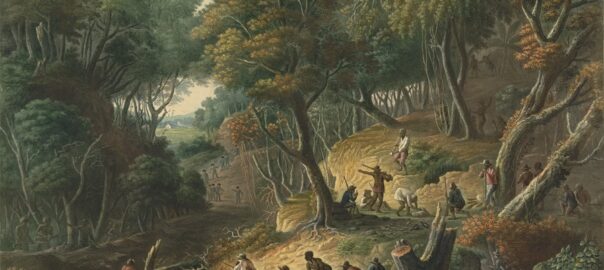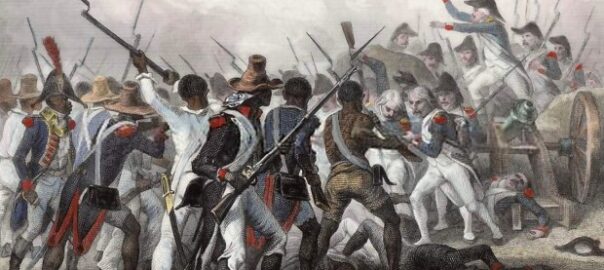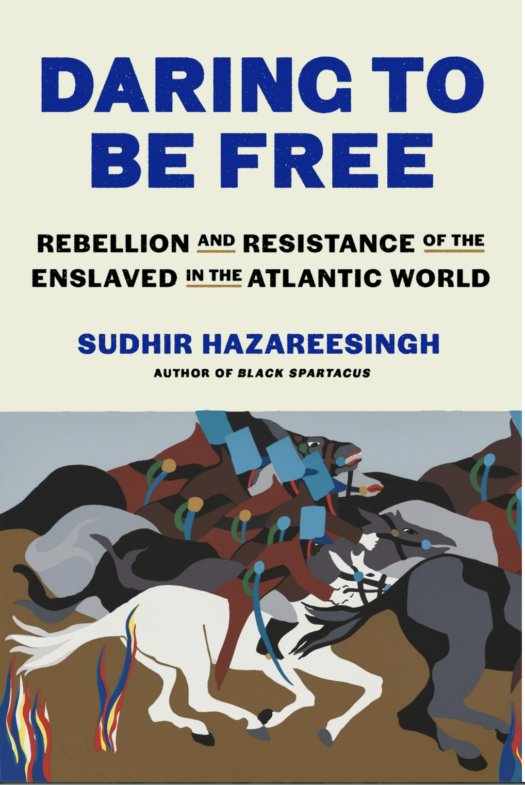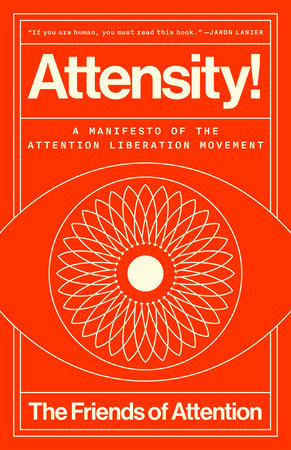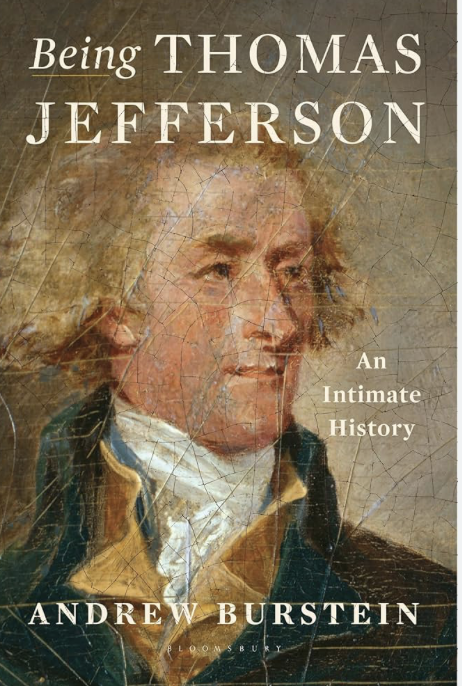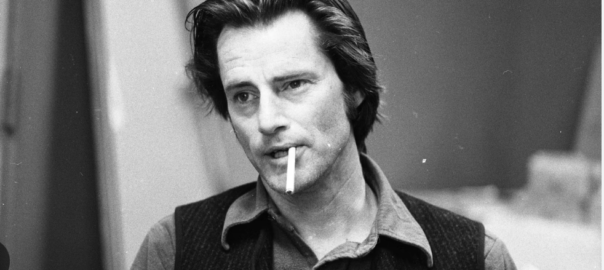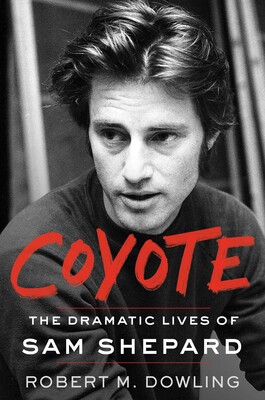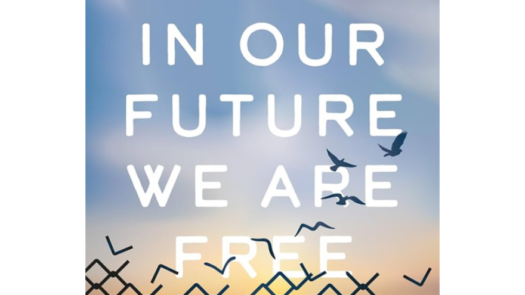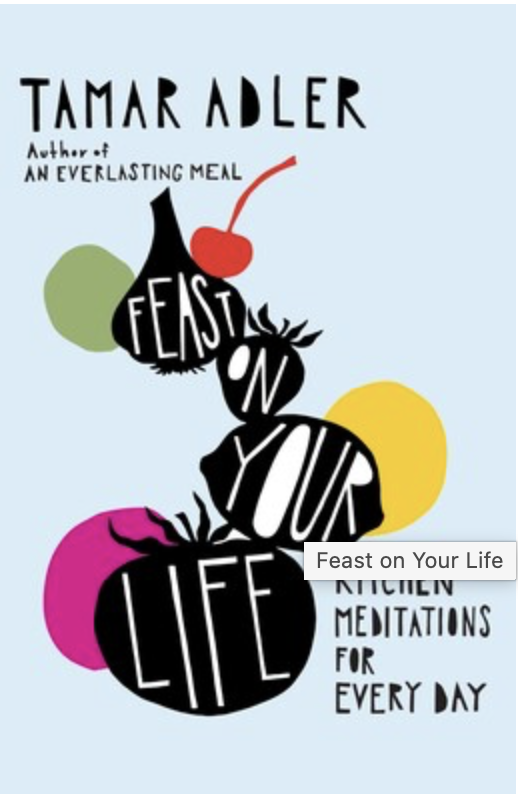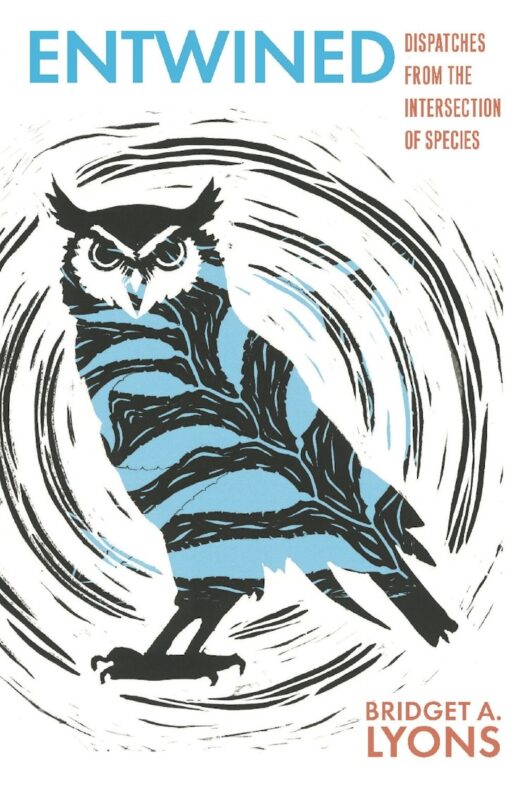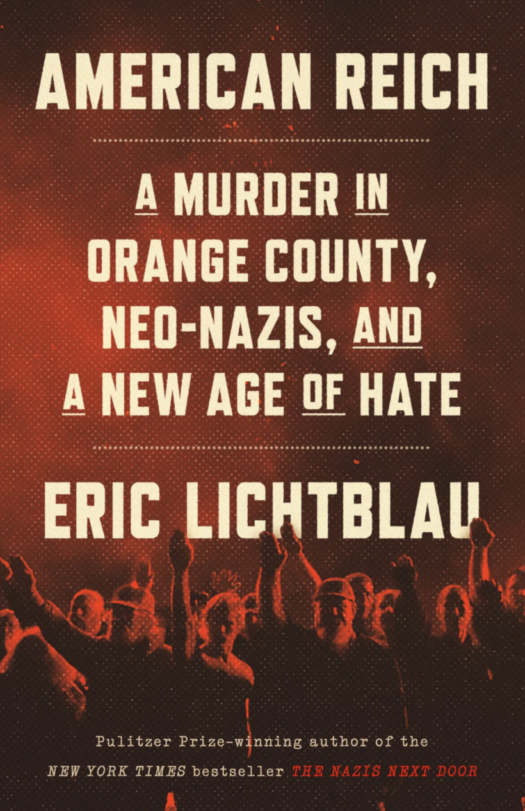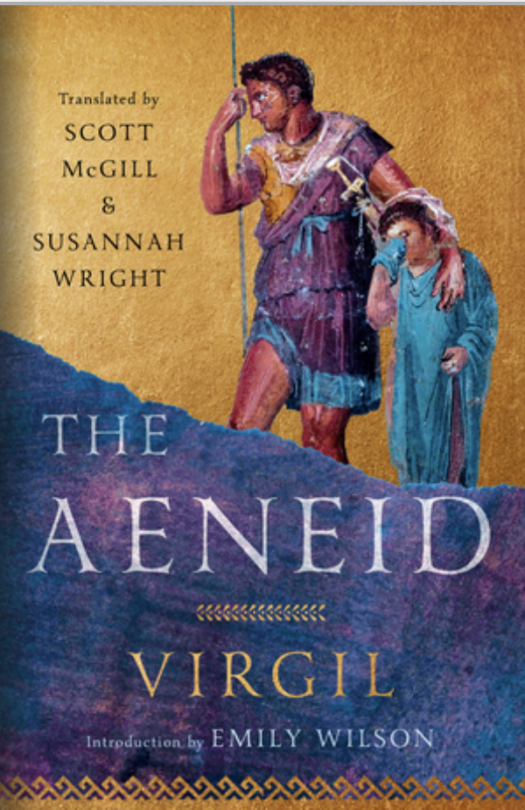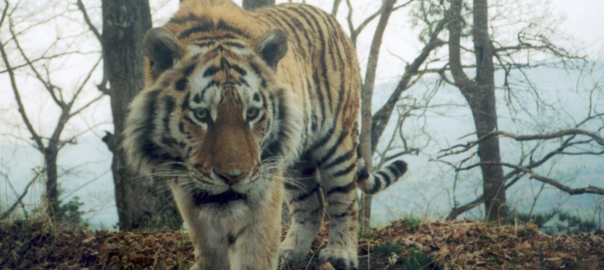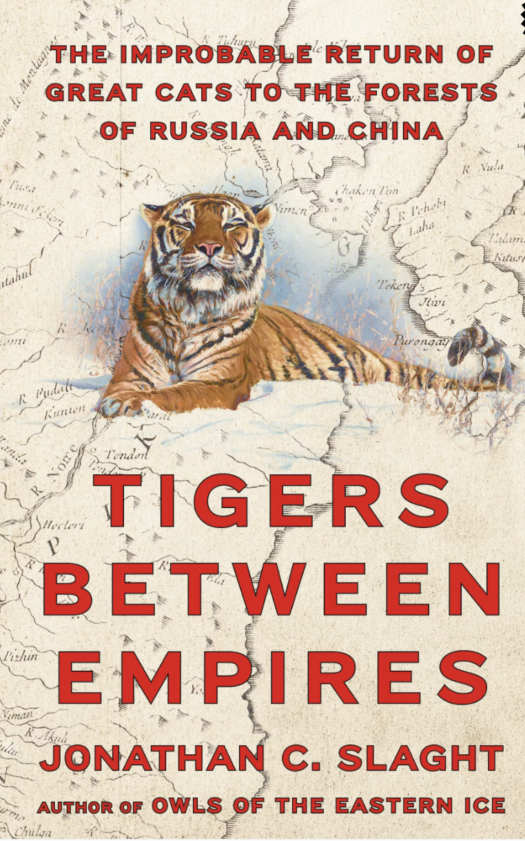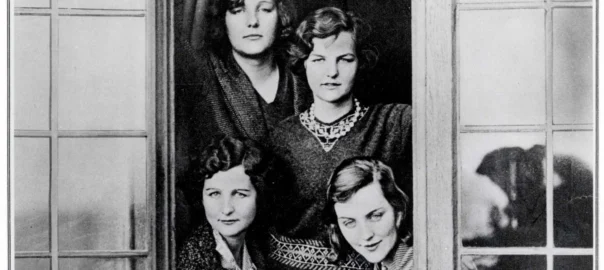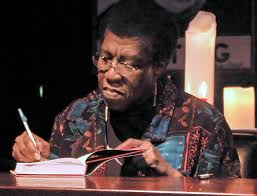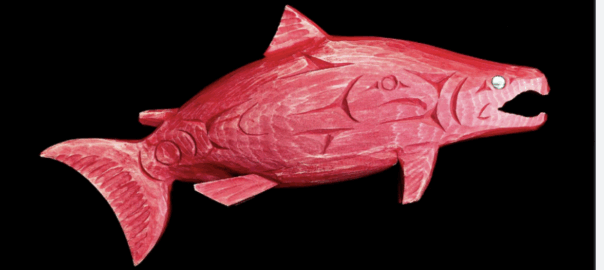Podcast: Play in new window | Download
Subscribe: Apple Podcasts | RSS
Writer’s Voice: compelling conversations with authors who challenge, inspire, and inform.
In this episode of Writer’s Voice, Francesca Rheannon speaks with political philosopher Lea Ypi about Indignity: A Life Reimagined, a genre-blending work of memoir, history, and philosophical inquiry that explores dignity under authoritarian regimes.
“I think of [dignity] as a property that is really what makes us human.” — Lea Ypi
Then novelist Eleanor Shearer discusses Fireflies in Winter, a lyrical historical novel following Jamaican Maroons exiled to Nova Scotia after the Second Maroon War. Through the story of Cora, Agnes, and Thursday, Shearer examines freedom, queer love, grief, and the moral tension between survival and solidarity.
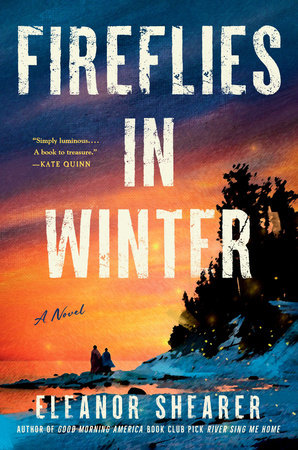
“You were only ever a kind of set of stolen papers away… from having your freedom snatched from you.” — Eleanor Shearer
Together, these conversations probe enduring questions:
- What is dignity?
- What does it mean to be free inside systems designed to deny freedom?
- How do we maintain moral agency when our survival is at stake?
Follow us on Bluesky @writersvoice.bsky.social and subscribe to our Substack. Or find us on Instagram @WritersVoicePodcast.
Read The Transcript on Substack
Tags: Lea Ypi interview, Indignity book, Eleanor Shearer interview, Fireflies in Winter novel, Jamaican Maroons history, historical fiction about slavery, queer historical fiction, Writer’s Voice podcast.
You may also like: Jacob Mikanowski, GOODBYE EASTERN EUROPE, DaMaris Hill, A Bound Woman Is A Dangerous Thing
Continue reading
